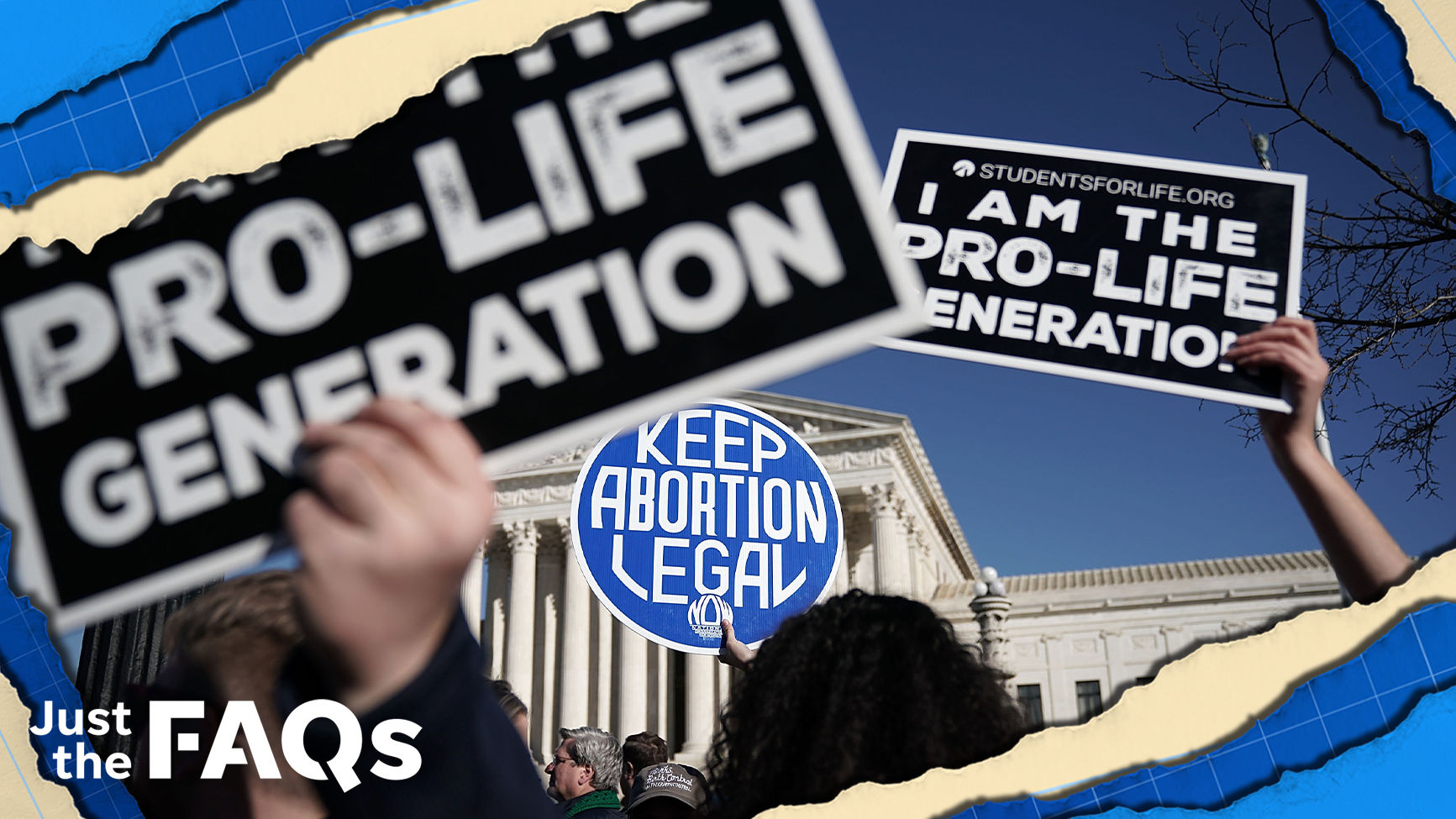Republican legislators will defend Arizona law banning abortion due to 'genetic abnormalities'

A federal judge granted Arizona legislative leaders the right to intervene in a lawsuit against a state ban of abortions because of "genetic abnormalities," ensuring a defense of the law will continue.
The lawsuit, previously defended by former Republican state Attorney General Mark Brnovich, might have folded up because the new Democratic Attorney General, Kris Mayes, has no interest in arguing for what she views as an "unconstitutional" law. That would have allowed abortions for conditions like Down syndrome and cystic fibrosis — which have been blocked since June — to resume in Arizona.
The case is one of three major, ongoing court proceedings concerning abortion rights in Arizona since the U.S. Supreme Court overturned Roe v. Wade in June. Two other cases in Arizona superior courts address the question of whether a pre-statehood law mandating prison time for abortion providers should take effect.
Arizona's Senate President Warren Petersen, who co-sponsored the 2021 law, and House Speaker Ben Toma argued in a February court motion that they had "crucial interest" in defending state laws.
"When it became clear that AG Mayes would not defend Arizona's law prohibiting discriminatory abortions, the Legislature had to step in," said Toma, R-Glendale. "I applaud the federal court's order recognizing our legislative authority and granting our motion to intervene to defend the constitutionality of this law."
For subscribers: Black women created the term 'reproductive justice.' Now, it's driving a national conversation.
What to know: Reproductive justice is a human rights, abortion access movement
A lawyer with Alliance Defending Freedom, which is providing free legal services for the case, said the group is "pleased" with the ruling.
“While common sense says that this law deserves everyone’s support, abortionists and others with a vested interest in seeing such abortions continue have sued to tear it down,” senior counsel Denise Harle said in a written statement.
Reproductive-rights advocates don't think it's "common sense," though. Valley pro-choice groups and doctors, backed by lawyers from the Center for Reproductive Rights and American Civil Liberties Union sued in August 2021 after the law took effect. The law "intrudes" on private decision-making by "wrenching away their right to choose" an abortion, their complaint states.
Arizona U.S. District Judge Douglas L. Rayes blocked the ban a month later, finding it was unconstitutional while Roe v. Wade was law of the land. But the U.S. Supreme Court's ruling in the Mississippi case of Dobbs v. Jackson Women's Health Organization — striking down Roe v. Wade and returning the decision of abortion policy to the states — also let the abnormalities law take effect.
The rights groups sought a new stay on the law, but in January, Rayes ruled that the Supreme Court's decision "profoundly changes the legal landscape, compelling a different result this time." He denied the request. The groups are now appealing to the 9th U.S. Circuit Court of Appeals.
What the law does
The 2021 law calls for felony charges for providers who perform abortions knowing the mother is doing it because the fetus was diagnosed with a genetic condition. It also grants fetuses "personhood rights," though Rayes blocked that part of the law in July, deeming it unconstitutionally vague.
In Texas: Man sues women he claims aided his ex-wife obtain abortion medication
Petersen, R-Gilbert, declined comment on the ruling. The February motion by Alliance Defending Freedom argues, among other things, that new Senate and House rules created this year and backed by state law allow the Senate President and House Speaker “to bring or assert in any forum ... any claim or right arising out of any injury to the (Senate or House's) powers or duties under the constitution or laws of this state."
Rayes cited a 2022 U.S. Supreme Court case in his ruling, stating that without the lawmakers' intervention, "the challenged laws will go undefended, which 'risk[s] turning a deaf ear to the voices the State has deemed crucial tounderstanding the full range of its interests.'"
The plaintiffs in the case, who include the National Council of Jewish Women, Arizona National Organization for Women and Arizona Medical Association, opposed the intervention but Mayes did not, telling The Arizona Republic last month that the lawmakers, saying they had "the right to make their views known."
Lawyers with the Center for Reproductive Rights and ACLU did not return requests for comment.
Appellate briefs in the case are due April 20.
Reach the reporter at rstern@arizonarepublic.com or 480-276-3237. Follow him on Twitter @raystern.